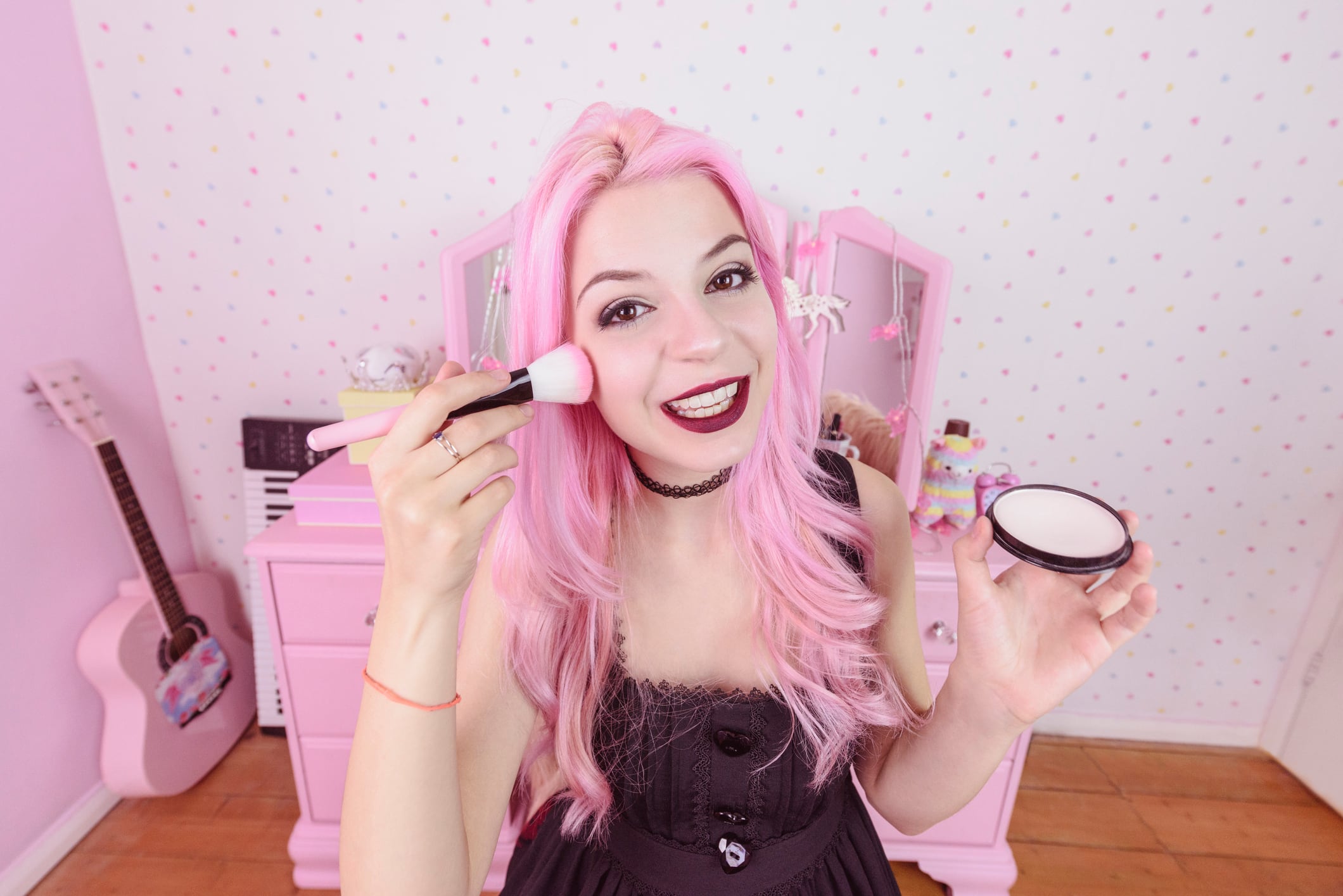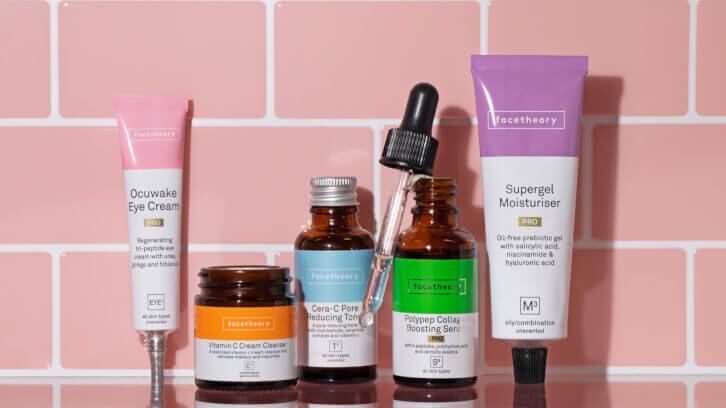In a bid to find valuable insights about what beauty consumers want and to pinpoint customer pain points, consumer intelligence company Brandwatch Consumer Research analysed public online consumer conversations in English, French, German and Spanish.
It monitored over 49 million online conversations about cosmetics and skin care from more than 7.5 million people between August 2022 and August 2023.
It worked with ready-to-use Social Panels and the data was gathered from public social posts (from networks such as X/Twitter, Reddit and Facebook), blogs, forums and review sites.
The company said its findings could be useful to help beauty brands better understand their customers and inform future NPD plans.
Demand for hair loss products is rising
According to Brandwatch’s research, online conversations about hair loss products increased by 6% between August 25, 2022 and August 24, 2023 in comparison to the same period the previous year.
Within this topic, consumers were searching for hair loss treatment products, asking the community for their experiences and treatment results, and mentioning that they have experienced hair loss after illness or stress.
Perhaps unsurprisingly, hair loss was also the topic with the highest percentage of sadness in online conversations compared to the other skin and hair problems analysed – with 20% of all emotionally categorised mentions around hair loss expressing sadness.
By breaking down online conversations about anti-hair loss products into different topics, Brandwatch noted that consumers most often mentioned the products in general, the effects on their scalp, and their experiences when using a product.
In terms of sentiment, online conversations about scent and product quality had the highest percentage of positive mentions compared to other topics analysed.
Although 73% of mentions about product scent and 66% of mentions about quality were positive, these two factors could quickly turn consumers off and it was clear that a pleasant scent is crucial for consumers to recommend and repurchase a product.
The most negative comments are about the product in general, the ingredients, and the results from continuous use. Consumers complained when they didn’t get the results they were hoping for because a product either had no effect or perhaps even a negative effect, like oily hair or an itchy scalp.
When discussing ingredients, consumers were looking for natural ingredients or products that contained specific ingredients believed to help improve hair growth, such as keratin.
Brandwatch researcher Michaela Vogl said: “It's important for brands to analyse these online conversations to identify shifts and customer pain points as early as possible. These insights can inform product development, improve marketing campaigns, and ultimately stay ahead of the competition.”
Solving beauty problems is a priority
In terms of beauty problems, the most common topics mentioned were blemishes and acne, wrinkles, and dry skin.
There were also many mentions of sensitive skin, allergies, and conditions such as neurodermatitis and psoriasis.
Geographically, there were differences in online conversations about skin and hair care-related topics too.
In the US and UK, wrinkles were the main topic up for discussion. German consumers spoke more about dry skin. French and Spanish consumers were more likely to mention under-eye circles, and UK consumers were more likely to talk about sensitive skin.
Hyaluronic acid, vitamin C, and retinol are the most-wanted ingredients
Hyaluronic acid, vitamin C, and retinol were all often mentioned in online consumer conversations about ingredients. And collagen and niacinamide were also popular.
Hyaluronic acid was the most discussed ingredient in all countries that were analysed, but there were some interesting regional differences.
French consumers spoke more about products with vitamin E, while Spanish consumers spoke more about products with vitamin A.
German- and French-speaking consumers were more interested in products with aloe vera and German consumers were more likely to discuss collagen.
In terms of trending ingredients, between August 25, 2022 and August 24 2023 compared to the previous 12 months:
- Ceramide mentions increased by 46%
- Niacinamide mentions increased by 33%;
- Cica mentions increased by 32%
- Retinol mentions increased by 27%
- Glycolic acid mentions increased by 20%
And when it came to pinpointing ingredients to target specific problems:
- Argan oil was common for dry hair
- Ceramides for dry skin and redness
- Collagen for wrinkles and cellulite
- Hyaluronic acid for dry skin and dark circles
- Retinol for wrinkles and blemished skin
- Shea Butter for Neurodermitis and Psoriasis
- And Urea for calluses
Vogl advised beauty brands: “Online consumer conversations reveal not only which ingredients are most talked about but also which ingredients are trending and seeing an increase in mentions, such as ceramides.
She continued: “For global brands, it can also be good to look at regional data to see how consumer preferences differ, and they can use these insights to inform their regional marketing campaigns.”
Demand for high sun protection is growing
Sunscreen and sun protection products were the most mentioned skin care products in online consumer conversations about cosmetics – up by 11% between August 25 2022 and August 24 2023 compared to the previous 12 months.
In online conversations, mentions of high-SPF products increased, while discussions of products with an SPF of 20 or less decreased. Mentions of products with an SPF of 50 or higher shot up by 31%.
Consumers were discussing sun care products as part of their daily skin care routine and looking for facial washes and cleansers to remove sunscreen at the end of the day.
It appeared that finding sunscreen products to address specific skincare needs, such as sunscreen suitable for sensitive, dry, or oily skin, was a pain point for many.
It was also worth noting that 'fearful mentions' increased by over 16% compared to the previous 12 months and consumers were worried about UV exposure, sunburn, or skin cancer. Some were unsure how much sunscreen to apply and how often they should apply it to be safe, especially when in the water.
“Search interest in sun care has grown steadily over the past few years,” advised Vogl. “Our data shows that conversations around high SPF sun care have increased, so there seems to be an interest in higher-protection sunscreens. We also saw that finding sun care products that met their specific skin care needs was a pain point.”





